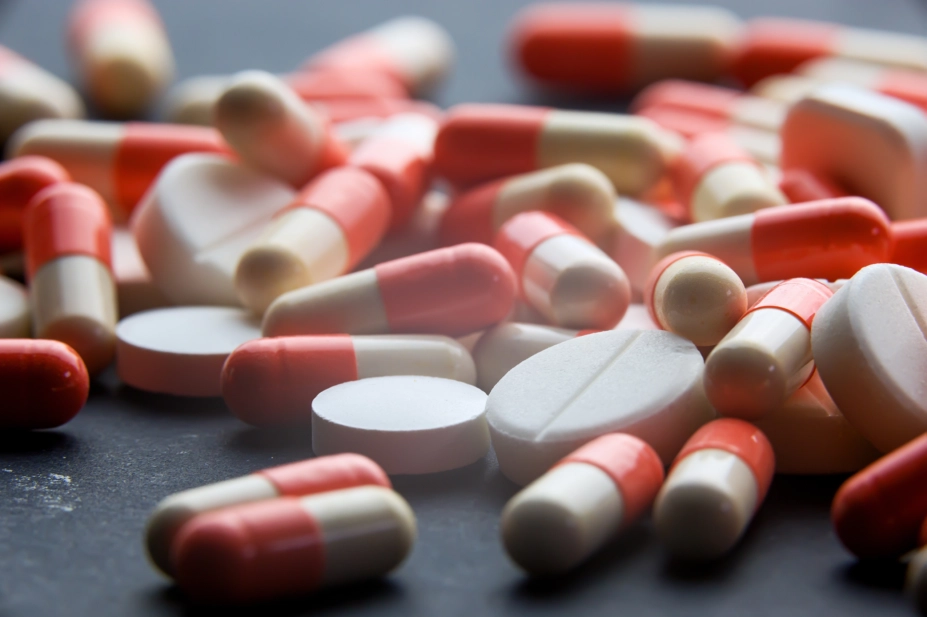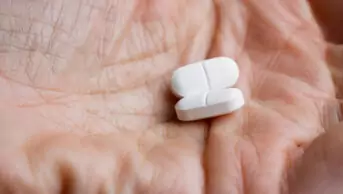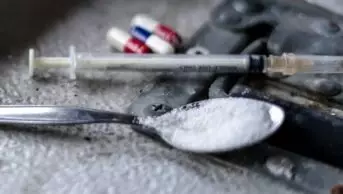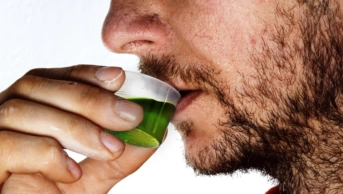
Shutterstock.com
Official figures show a steep rise in the proportion of drug-related deaths in Scotland in patients who had a gabapentin or pregabalin prescribed in the 90 days before death.
The Scottish Information Services Division (ISD) reported the presence of the drugs at post-mortem, or their implication in the death, had increased from 4% in 2009 to 21% of drug-related deaths in 2016 — the latest figures available.
In 2016, gabapentin and pregabalin were implicated in 15% and 8% of deaths, respectively, compared with 1% and 0% respectively in 2011.
The rise may be potentially related to their use to enhance the effects of opioids, the ISD Scotland report said.
A Home Office consultation on options for reclassifying gabapentin and pregabalin, owing to safety concerns because of their implication in a number of deaths, closed in January 2018; however, the proposals are still under consideration.
You may also be interested in

Drug-related deaths among people treated for opioid dependence more than treble in ten years, study finds

There is a vulnerable group we must not leave behind in our response to COVID-19: people who are dependent on illicit drugs
